Fantasy adaptation His Dark Materials delivers on its promise in epic third and final season
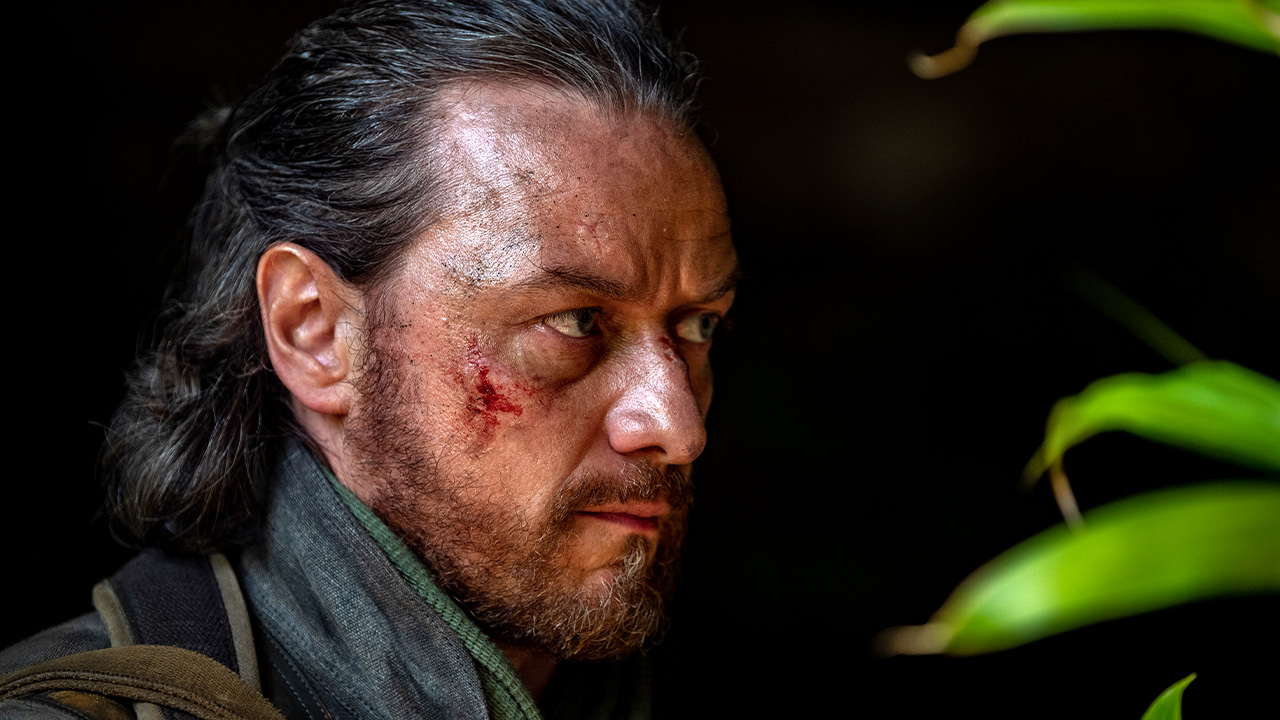
His Dark Materials is back with its third and final season. Adam Fresco is delighted to discover the conclusion of the epic fantasy series doesn’t disappoint.
HBO and BBC announced their ambitions to co-produce Philip Pullman’s original trilogy of young adult fantasy novels in 2015. The first season premiered in November 2019, and it has taken until the closing weeks of 2022 to reach the trilogy’s concluding season. This huge production has weathered tough times, including COVID shutdowns, but now the long wait is over—season three of His Dark Materials is here, with eight action-packed episodes of Lyra and Will’s adventures to wrap up the epic tale of Pullman’s novels: Northern Lights (published as The Golden Compass in the US), The Subtle Knife and The Amber Spyglass.
The result? I’m delighted to discover this final season of His Dark Materials does not disappoint, delivering on the promise of the first two seasons with a finale well worth the wait.
Season three wastes no time, leaping into the thick of the fray as Lord Asriel (James McAvoy) and Lyra Belacqua (Dafne Keen) make their respective ways toward an ultimate showdown with the dark, repressive forces of the aptly named Authority. It’s a fast, dramatic, and tumultuous trip, fraught with danger, as our heroes and their disparate allies by turns fall foul of, escape, and attempt to stay out of the clutches of the villainous Magisterium and its dastardly followers.
As for who the Magisterium are? Think a thinly veiled version of the Vatican (only with increased firepower, venomous animal aides, and costumes seemingly designed by the same tailors who kitted out Emperor Palpatine’s Empire of evil in Star Wars: A New Hope).
An epic fantasy set across a multiverse of parallel worlds, His Dark Materials charts the coming of age of two children, Lyra and Will. With two solid seasons under its wing, season three sees the show take flight, jettisoning all that previously necessary (but sometimes infuriating) exposition, backstory, and world-building.
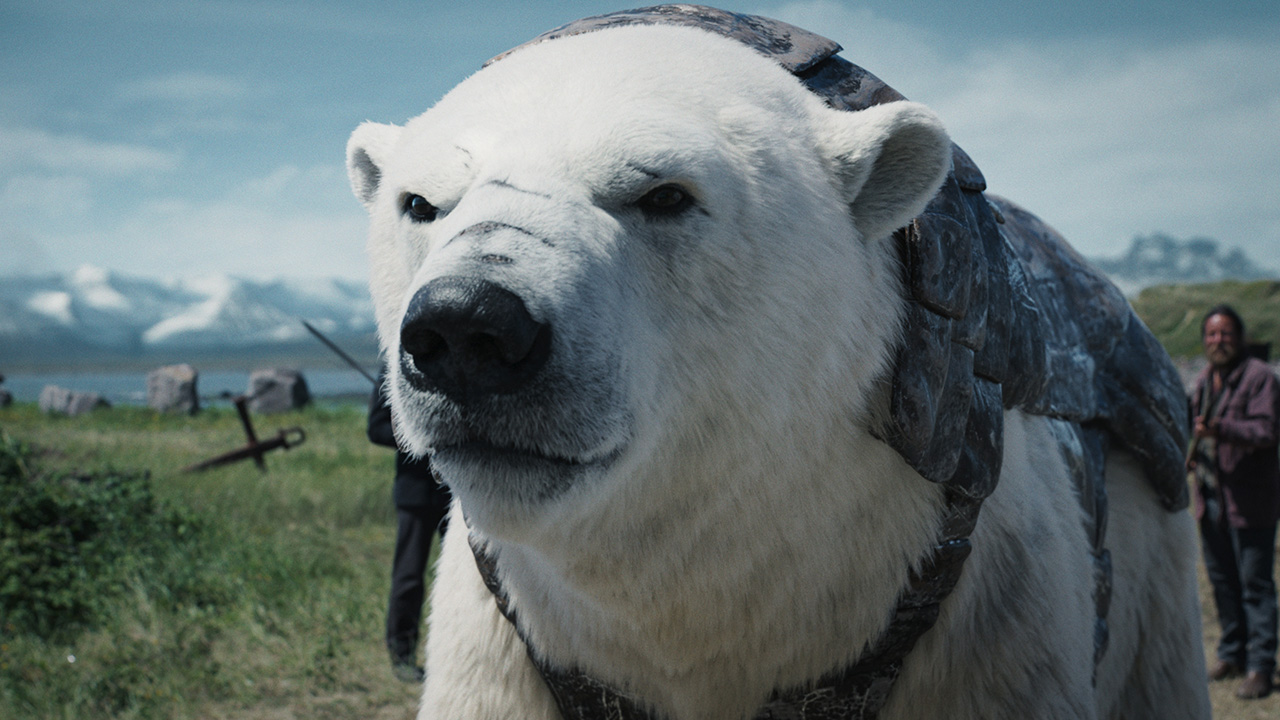
Freed from the need to explain, or go over things again, this final season dives head-first into Pullman’s fantastical creation—part Tolkien-inspired fantasy epic, part multi-dimension-hopping sci-fi, part Judeo-Christian Biblical critique. The worlds of both the novels and television series consist of winged angels, talking armoured polar bears, mysterious sparkling dust, and an array of chatty, magical, personal animal daemons (physical manifestations of a person’s spirit). They accompany a ragtag band of heroes and assorted strange bedfellows in the fight for freedom against the oppressive reign and fascistic ambitions of the patriarchal Authority.
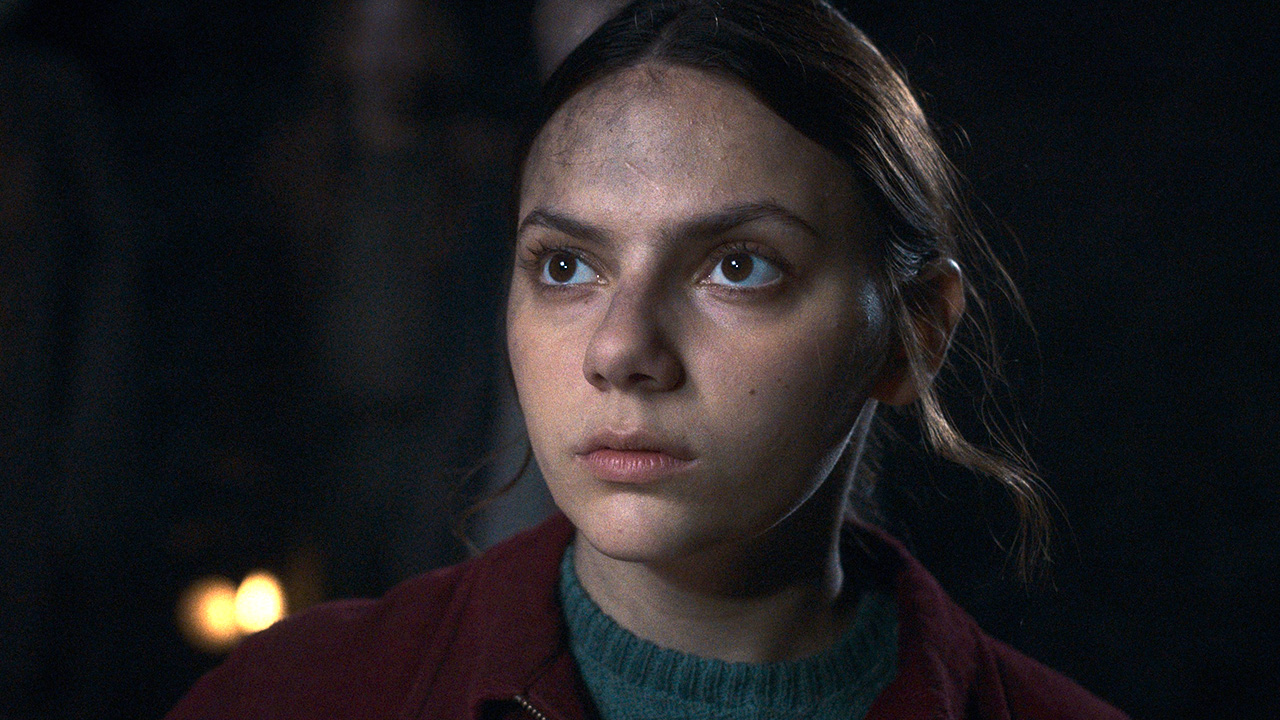
The new series remains centred around a standout performance by Dafne Keen as Lyra. It is Lyra’s ability to read a golden compass contraption, known as an alethiometer, that enables her to communicate with magical, multi-dimensional worlds and the strange, sparkling dust at the centre of the show’s mystery. Devoted viewers have watched Lyra grow from a young girl to a young woman. A hero born Lyra Belacqua, sometimes known as Lyra Silvertongue, and now named Eve. Her new moniker is a direct Biblical allusion to the Old Testament tale of Adam and Eve in the Garden of Eden. It’s a creation myth that Pullman’s novels focused on reframing as a tale of humanity choosing knowledge (the fruit of the forbidden tree), over an ignorant but blissful life in an idyllic garden paradise.
It’s to the show’s credit that Pullman’s subtext of religious recontextualisation is subtly conveyed, rather than wielded like some allegorical sledgehammer. In other words, it’s all there if you want to read the subtext. But if you’re just here to enjoy an expertly made mash-up of The Lord of The Rings-meets-The Matrix, by way of C.S. Lewis’ Narnia tales, with a dash of Ursula Le Guin’s Earthsea novels, then you’re in for one hell of a heavenly ride.
Season two ended with the menacing Magisterium out to eradicate Lyra, and those following her as the new Eve. Lyra’s strongest ally Will (Amir Wilson)—now equipped with the subtle knife (a blade capable of cutting doorways into other dimensions)—remains ready to do anything to save his friend. Although it’s usually Lyra saving Will in this revised version of the heroic journey, in which the female lead is just as capable as her male counterparts, if not more so. As Lyra gets older, so her power grows, and in turn the male-dominated Authority’s fear of her increases. For those who savour subtext it’s a tale of patriarchal fear of the female, but for those seeking story, it never gets in the way of a thrilling and fun adventure series.
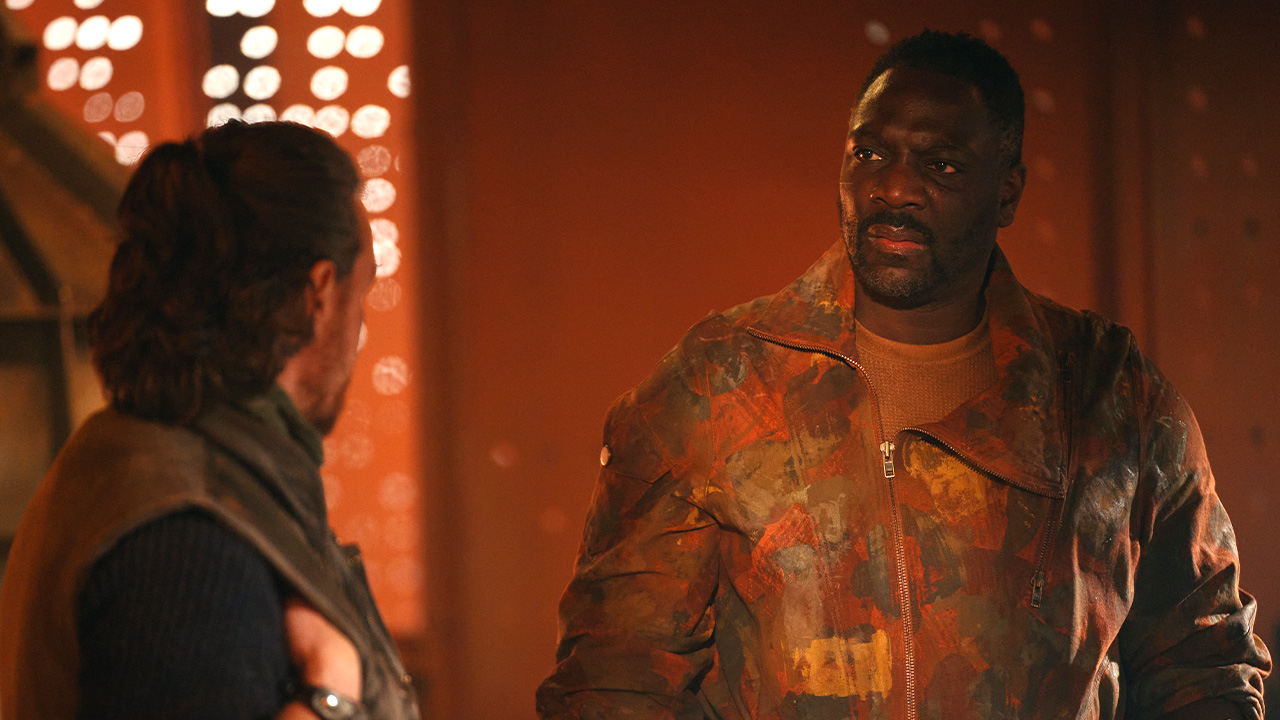
Directed, edited, and shot with pace, panache, and often impressive cinematic scope, the final season crams in as many corners of Pullman’s majestic multiverse of characters and ideas as it can. Yet it never lets these myriad narrative strings become an impenetrable knot. It’s an impressive achievement, conveying the complexity of Pullman’s novels, without resorting to endless narration, exposition, and narrative lecturing.
It’s no mean feat that this final season pulls off its magic trick with aplomb—from depicting Lyra’s journey to the world of the dead, to portraying Pullman’s huge, elephantine Mulefa creatures, through to its realisation of all-out war between heaven and earth, fans of the first two seasons will find little to complain about in this finely crafted finale.
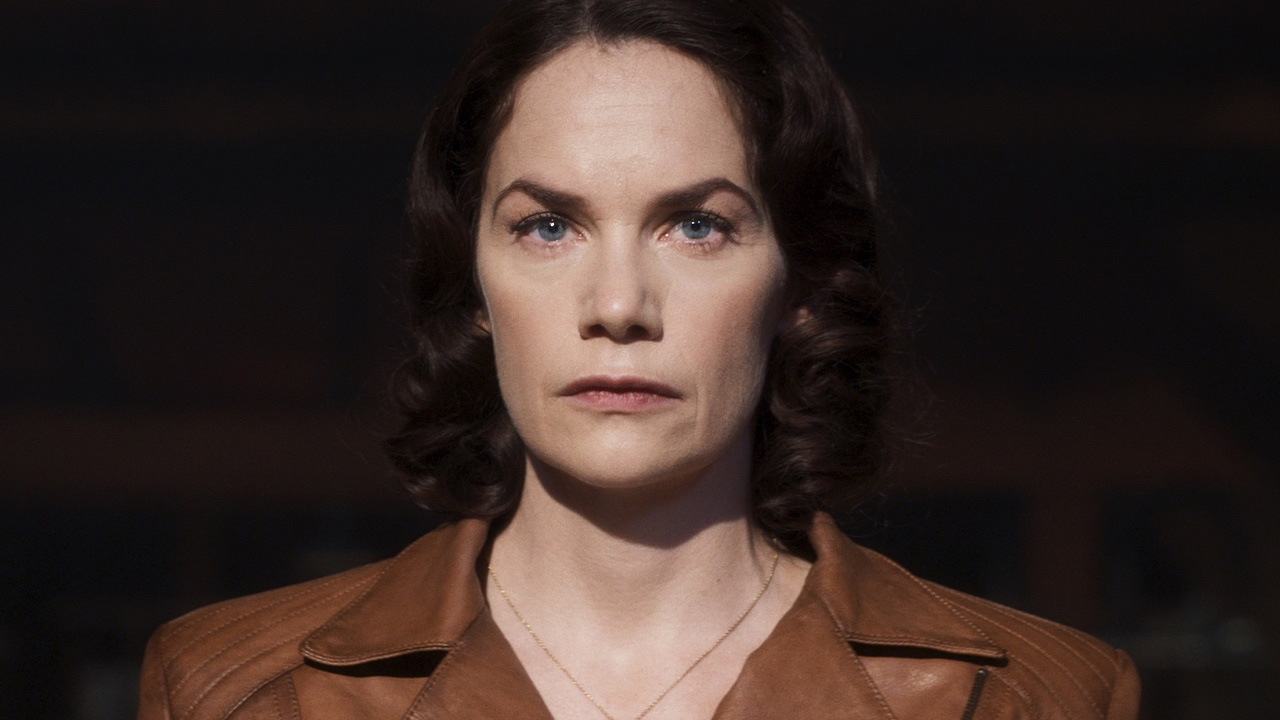
Paramount in the show’s success is a top-tier cast, featuring the likes of the wonderfully ruthless Ruth Wilson as the scheming Mrs. Coulter; James McAvoy returning to his role as the driven, scientifically minded, Lord Asriel; Simone Kirby as nun turned astrophysicist, Mary Malone, and Adewale Akinnuoye-Agbaje as Commander Ogunwe, leader of the rebel army. Adding to the quality cast, familiar faces from past seasons make a welcome return, with appearances from Hamilton scribe Lin-Manuel Miranda as balloonist and explorer Lee Scoresby, and Sherlock villain/Fleabag hot priest Andrew Scott as Colonel John Parry, the soldier turned shaman known as Jopari.
There is some recasting, necessitated by the circumstances of production, but none that grate or distract. The passing of Peaky Blinders actor Helen McCrory led to Victoria Hamilton taking over as the voice of Lord Asriel’s snow leopard daemon, Stelmaria. But it’s a change that doesn’t drop the ball as far as consistent characterisation and storytelling go. Similarly, with Sophie Okenedo unavailable, Xaphania (the leader of the angels who joined Lord Asriel in his fight against the Authority in season two), is now played by actor Chipo Chung. But again, it’s a change that doesn’t jar, and viewers are unlikely to give it a second thought, as Chung’s performance ensures Xaphania remains a powerful character and major asset in Lord Asriel’s arsenal.
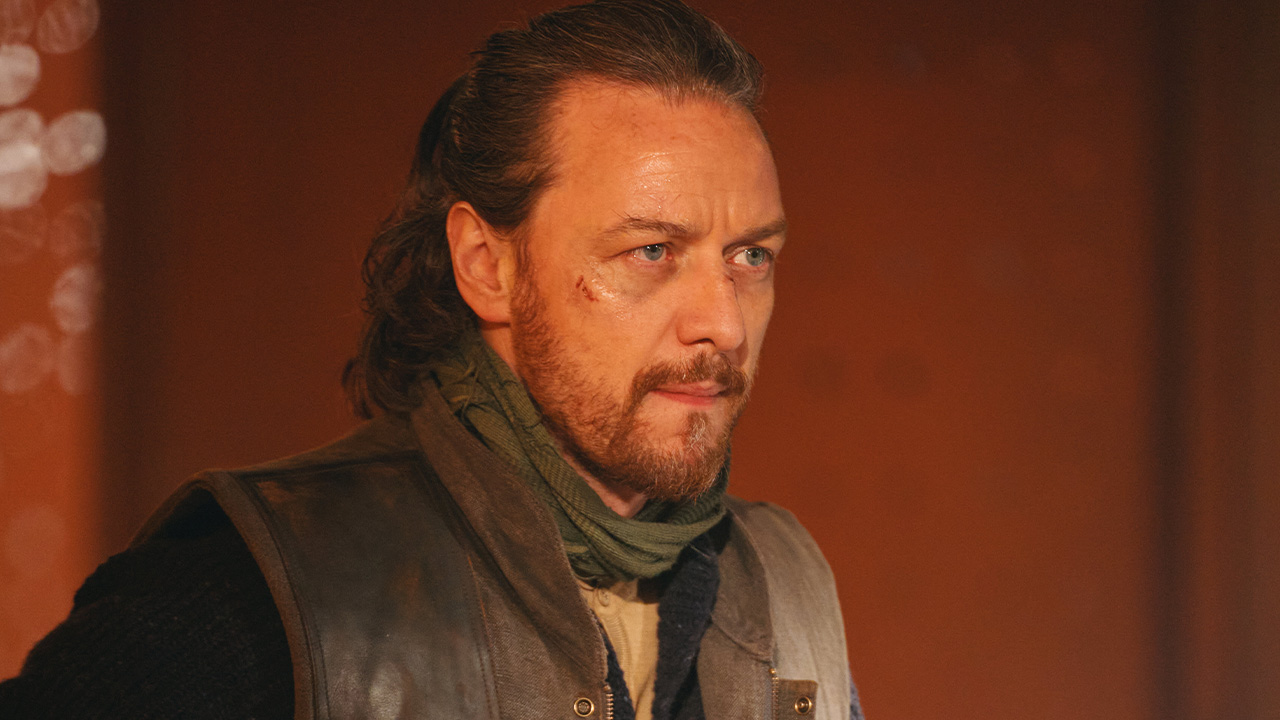
Perhaps the biggest bug in the ointment caused by COVID shutdowns was James McAvoy’s standalone episode planned for season two. Without Lord Asriel’s episode, the second season was left with seven rather than the expected eight episodes. But that omission is more than made up for by McAvoy’s participation in the final season where… well, no spoilers, but let’s just say he plays a central role in the trilogy’s grand finale.
His Dark Materials may well be coming to an end, but worry not, because if you can’t get enough of Pullman’s creation, you can always check out the author’s companion books, including the novellas Lyra’s Oxford, Once Upon a Time in the North, and short stories The Collectors and Serpentine. There’s also Pullman’s new Book of Dust trilogy, following Lyra’s continued adventures, in La Belle Sauvage, The Secret Commonwealth, and a soon-to-be-published third and final title in the new trilogy. Or you could just wait and see if we get more screen adaptations of Pullman’s magical worlds.
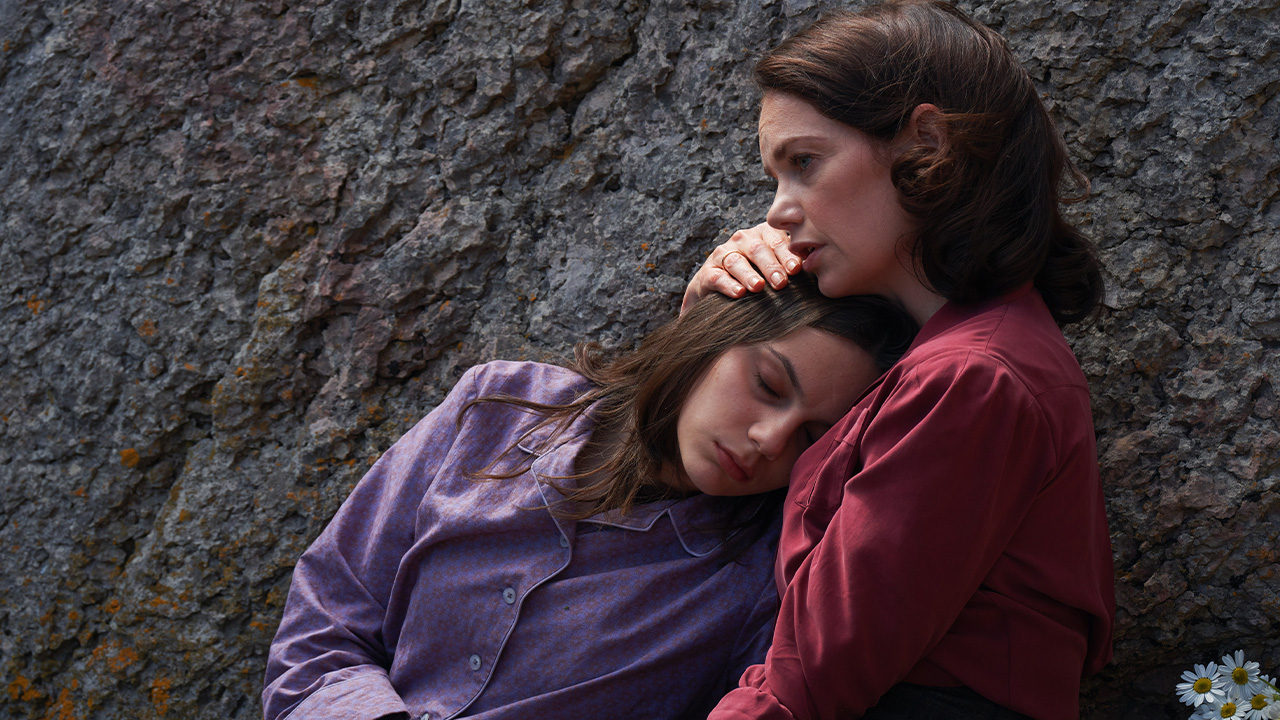
For now though? Relax. If, like me, you have been waiting for season three, it was a wait more than compensated for by the quality of these final eight episodes. And if you’re new to His Dark Materials, then you’re in luck. You have a three-season, twenty-three-episode binge bonanza to look forward to.
Full of magic, mystery, action, adventure, drama, danger, peril, politics, and religious allegory, not to mention ruthless ambition, heroes, heartache, stunning visuals, quirky characters, epic battles, and teeming multiverses, it’s rare the small screen delivers something so big. As the tagline to the books goes, “one girl will change worlds,” and it’s Lyra’s humanity, and her selfless fight for her friends and their freedom, that ultimately make His Dark Materials shine so bright.



















